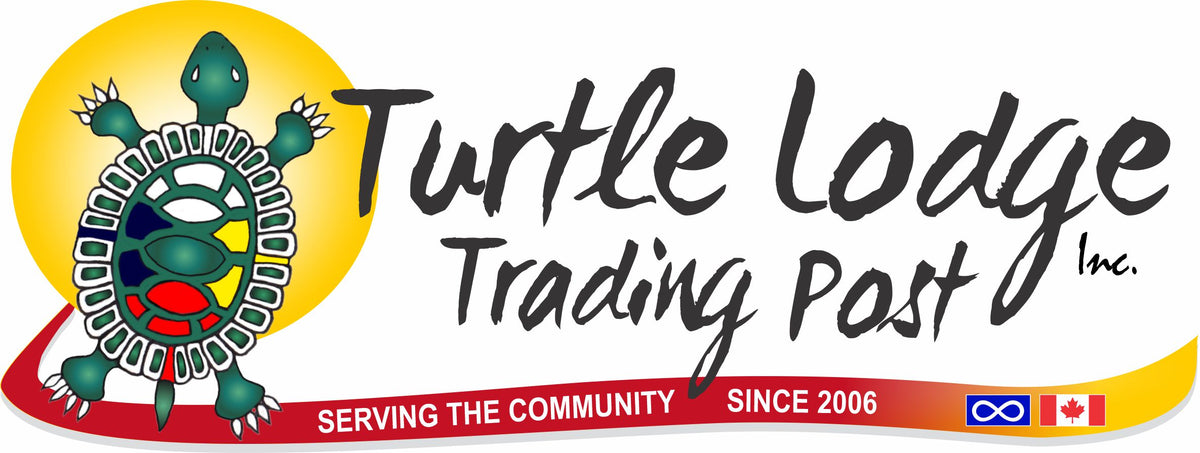Comfrey Leaf (Symphytum officinale)
All of our herbs come from certified organic sources or trusted wildcrafters.
ALSO KNOWN AS: quaker comfrey, knitbone, slippery-root, bruisewort, consound.
PLANT FAMILY: Boraginaceae
PART(S) USED: dried leaf
OVERVIEW: Comfrey Leaf (Symphytum officinale) loves to grow in damp, grassy soils. It is distinguished by a scorpioid inflorescence of bell-shaped flowers, and large, angular, hairy leaves. Comfrey leaf has a long history of use for its beneficial properties in topical preparations throughout traditional Western herbalism.
Comfrey leaf has been used since Roman times, dating back thousands of years. This herb has been utilized in folk medicine throughout Europe and North America and has been widely cultivated. Much debate surrounds the safety of comfrey due to various parts and preparations containing potentially toxic alkaloids. It is important to understand that the part used, species, and time of harvest all come in to play when determining the safety of this herb. A large body of traditional use supports its safety and efficacy if used intelligently and cautiously.
TRADITIONAL USES: Comfrey Leaf is currently not recommended for internal use. This herb is traditionally used as a topical ointment to treat pain and inflammation.
PRECAUTIONS & CONTRAINDICATIONS: Do not apply to broken or abraded skin. Comfrey is not recommended for use if you are pregnant or breastfeeding. Consult a healthcare practitioner before use, especially if you have any allergies or are on any medications.
WARNING: This information is for educational purposes only, has not been evaluated by Health Canada, and is not intended to diagnose, treat, cure, or prevent any disease.



